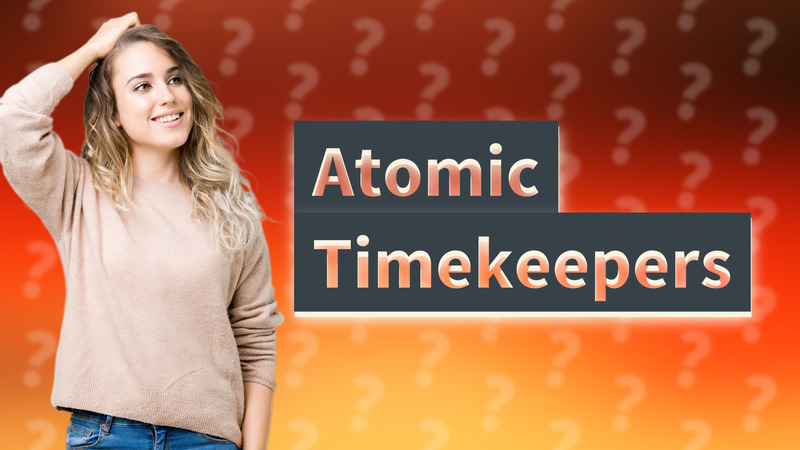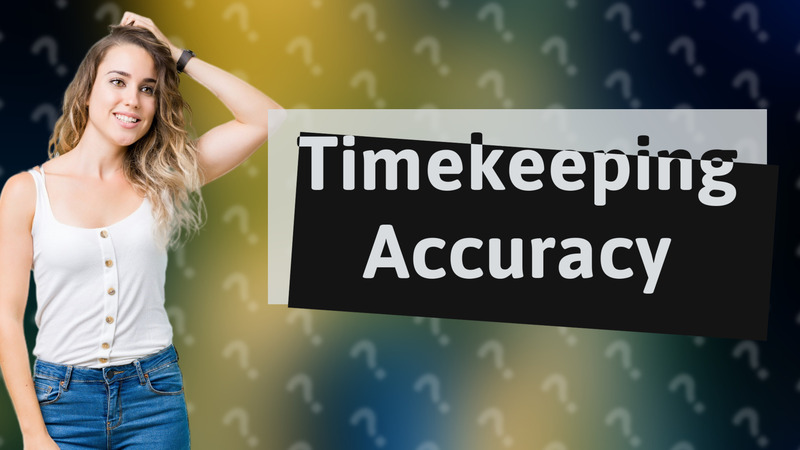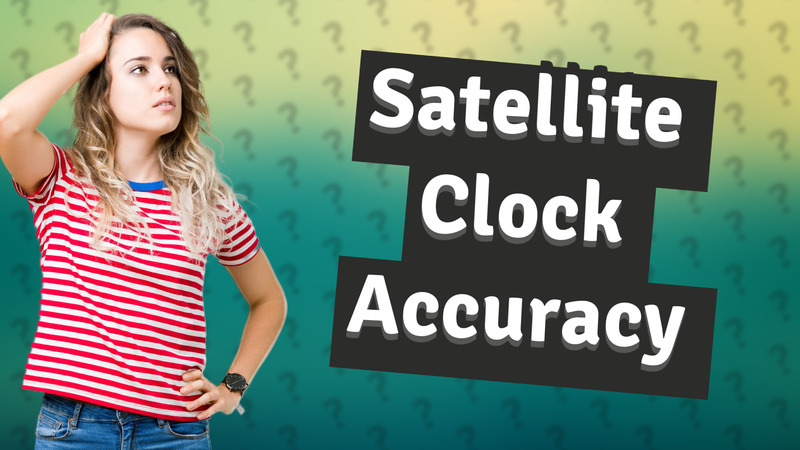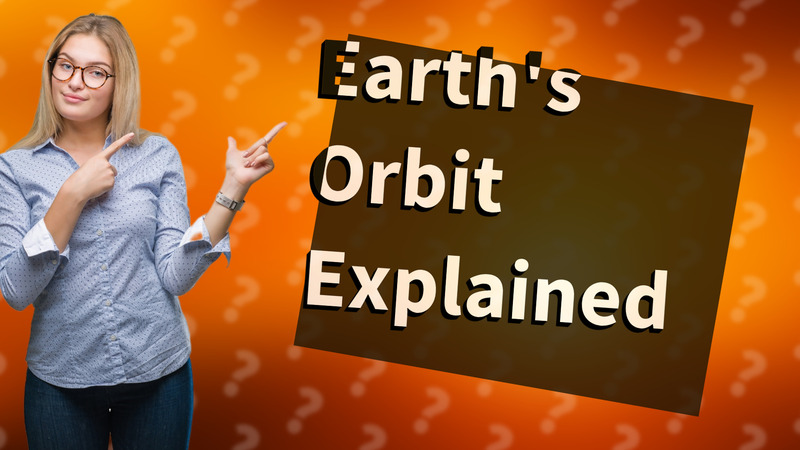
Learn about local time, its determination, and how it varies with geography and daylight saving adjustments.

Explore why the 12-month Gregorian calendar prevails and the implications of a 13-month system.

Learn about the origins of Greenwich Mean Time and the decision made at the International Meridian Conference in 1884.

Discover why all clocks in India show the same time and learn about Indian Standard Time (IST) and its significance.

Learn how local time is calculated based on time zones and UTC, including Daylight Saving Time adjustments!

Learn the key differences between the Prime Meridian and Greenwich Mean Time in this concise overview.

Explore if atomic clocks are worth it for your precision needs. Discover their applications in GPS and research.

Discover how gravity influences atomic clocks and the implications for GPS technology.

Explore how atomic clocks function and if they can lose time due to environmental factors.

Learn about the optical lattice clock, the most precise clock on Earth, and its scientific implications.

Explore the precision of our time system governed by atomic clocks and leap seconds for global accuracy.

Discover why the Prime Meridian runs through Greenwich and its historical significance.

Discover how atomic clocks define the most precise time globally, utilizing cesium and ytterbium atoms for unmatched accuracy.

Learn why clocks lose accuracy due to temperature variations, aging, and wear. Understand how to keep your clocks precise!

Learn about UTC's equivalence to GMT and why it’s important for timekeeping.

Discover the Sun's consistent temperature, essential facts about its core and surface heat, applicable worldwide including China.

Discover the most accurate clocks in the world, including atomic clocks, their functions, and importance in various applications.

Discover how accurate different types of clocks are and their ideal usage for timekeeping.

Discover who relies on Universal Time for precision across various fields, including astronomy and aviation.

Learn why atomic clocks are the most accurate timekeeping devices, measuring time with unparalleled precision.

Explore how international standards like UTC ensure our timekeeping is accurate and synchronized globally.

Discover how atomic clocks achieve unparalleled synchronization using GPS signals and international standards.

Learn how atomic clocks provide the most precise timekeeping by measuring atomic vibrations.

Discover the UK's most accurate clock and how it ensures precise timekeeping in various industries.

Discover how accurate various types of clocks are, from atomic to quartz, and learn about their reliability.

Explore the precision of atomic clocks, the most accurate timekeeping devices, and their uses in GPS and international standards.

Explore the reasons behind atomic clock inaccuracies and learn about their precision in timekeeping.

Discover how clocks ensure accuracy through calibration with atomic time sources and synchronization methods.

Learn about the atomic clock, the most precise timekeeping device using atomic vibrations for unmatched accuracy.

Discover why the Cesium Atomic Clock is the world’s best clock, offering unmatched precision for GPS and more.

Discover the most accurate timekeeping device - the atomic clock and learn how it measures time with unmatched precision.

Discover the truth about clock accuracy and learn how to achieve precise timekeeping with advanced technology.

Learn about Coordinated Universal Time (UTC), the most precise time standard, and its applications in syncing devices.

Discover how satellite atomic clocks achieve unparalleled accuracy critical for GPS navigation.

Learn about the NIST optical lattice clock, the most precise clock that won't gain or lose a second in 300 million years.

Learn about the NIST-F2, the world's most accurate atomic clock developed by the U.S.

Learn about the world's most precise clock located at NIST in Colorado, losing only one second every 33 billion years.

Learn how to tell the exact time using atomic clocks and online services for perfect synchronization.

Learn about the world's most accurate time, maintained by atomic clocks and synchronized globally for precision.

Explore clock accuracy, from quartz to atomic timekeeping, and discover how different clocks measure true time.

Discover how accurate clocks can be, from atomic clocks to quartz and radio-controlled options.

Explore how atomic clocks remain the most precise timekeeping devices used in GPS, telecom, and science today.

Discover what causes no moon day, also known as Amavasya, and its significance in lunar cycles.

Discover if atomic clocks wear out and learn about their maintenance for precise timekeeping.

Explore how global time synchronization ensures all clocks are accurate using UTC and atomic clocks.

Discover the science behind how shadows form and what affects their size and shape.

Learn why atomic clocks are the most accurate time devices, measuring time with unmatched precision using atomic vibrations.

Discover how long dry ice lasts and tips to extend its lifespan with our insightful guide.

Explore the accuracy of different clock types like atomic, mechanical, and digital clocks.

Discover why the April 8 eclipse is vital for science and spectacular visual experiences.

Discover why atomic clocks are considered the most precise timekeepers, essential for science and GPS.

Discover who decided on GMT and its significance as the world's time standard.

Discover why Earth's orbit takes about 365.25 days and learn about leap years in this engaging Q&A.

Discover why Norway experiences 6 months of continuous daylight and darkness, explained simply.

Learn how UTC differs from GMT, including precision and usage in scientific contexts.

Discover why a day isn't always 24 hours due to Earth's rotation differences and adjustments like leap seconds.

Discover the truth about GMT and UTC – are they really the same time standard? Learn the key differences here!

Discover the time it takes for a snowflake to reach the ground and the factors affecting its fall.

Discover why the year 1800 is not a leap year according to the Gregorian calendar's rules.

Discover the world's most precise time measurement, managed by atomic clocks under UTC standards.

Learn why time differences exist between countries and how Earth's rotation affects time zones.

Discover why a year on Earth is 365 days long and learn about leap years that adjust our calendar.

Explore the lunar cycle and learn why the full moon occurs every 29.5 days, not just every 28 days.